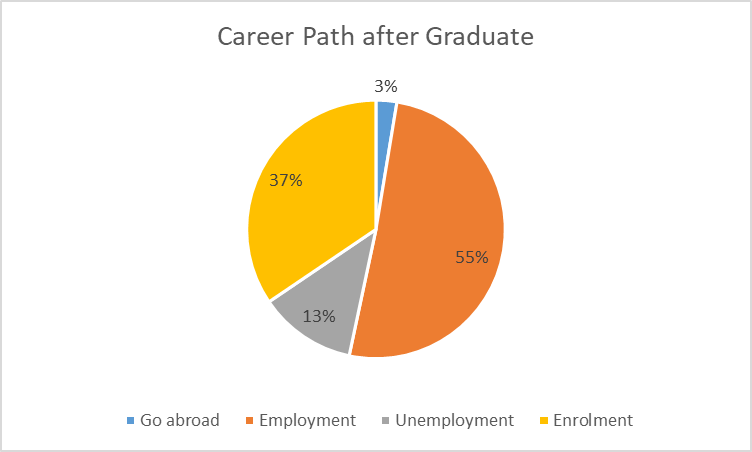The major in Electronic Information Engineering originated from the Radio Technology major established in 1958. It has been approved to construct a nationally first-class undergraduate program, serving as a distinctive specialty at Hefei University of Technology. This major is part of Anhui Province's comprehensive reform pilot programs and has been included in the third batch of the Ministry of Education's Excellent Engineer Education and Training Program. With a strong faculty and excellent teaching and research conditions, the program has distinctive features. It is divided into three directions: Signal Detection and Control, Multimedia Information Processing, and Radar and Electronic Countermeasures.
Educational Objectives:
This major is oriented towards areas such as consumer electronics, communication transmission, radar and electronic countermeasures, security monitoring, and intelligent manufacturing. It aims to cultivate well-rounded graduates with a solid engineering foundation, practical work ethic, and strong entrepreneurial capabilities. Graduates should be capable of designing, developing, and managing the production of electronic information products and systems. They should possess a sense of social responsibility, innovative spirit, and an international perspective, making them outstanding leaders and key talents in the field of electronic information engineering.
Five Years After Graduation, Graduates Should Achieve the Following Professional Competence Goals:
LG1: Ability to comprehensively apply mathematical, natural science, and electronic information-related theories and technologies for optimizing design and innovative development of complex engineering projects in the field of electronic information. Competence for positions such as solution design engineer, hardware design engineer, software design engineer, algorithm engineer, or project manager, with extensive work experience.
LG2: Possess a sense of social responsibility, actively serve the country and society, adhere to professional norms, and prioritize public interests.
LG3: Demonstrate good humanistic literacy and teamwork spirit, proficient in communication, exchange, and collaboration. Capable of assuming key roles or leadership positions within a team.
LG4: Possess an international perspective, innovation ability, and lifelong learning capability. Able to actively learn and adapt to the constantly changing domestic and international situations and environments.
Employment Directions:
Graduates can engage in research and teaching in fields related to electronic information, such as signal detection and control, multimedia information processing, radar, and electronic countermeasures. They can also work in industries related to electronic information products, such as wireless communication, video surveillance, navigation and positioning, the Internet of Things, smart home appliances, smart manufacturing, and defense electronics. Further education to pursue master's and doctoral degrees in related disciplines such as information and communication engineering is also an option.
The program has a duration of four years, and graduates are awarded a Bachelor of Engineering degree.
Special Features:
The program emphasizes a "solid foundation, strong capabilities, and a focus on innovation." It not only emphasizes the cultivation of mathematical and scientific foundations and humanities qualities but also enhances training in circuit analysis and design, signal analysis and processing, programming, and the comprehensive design of electronic information system software and hardware. The goal is to cultivate innovative and outstanding talents.

 TOP
TOP